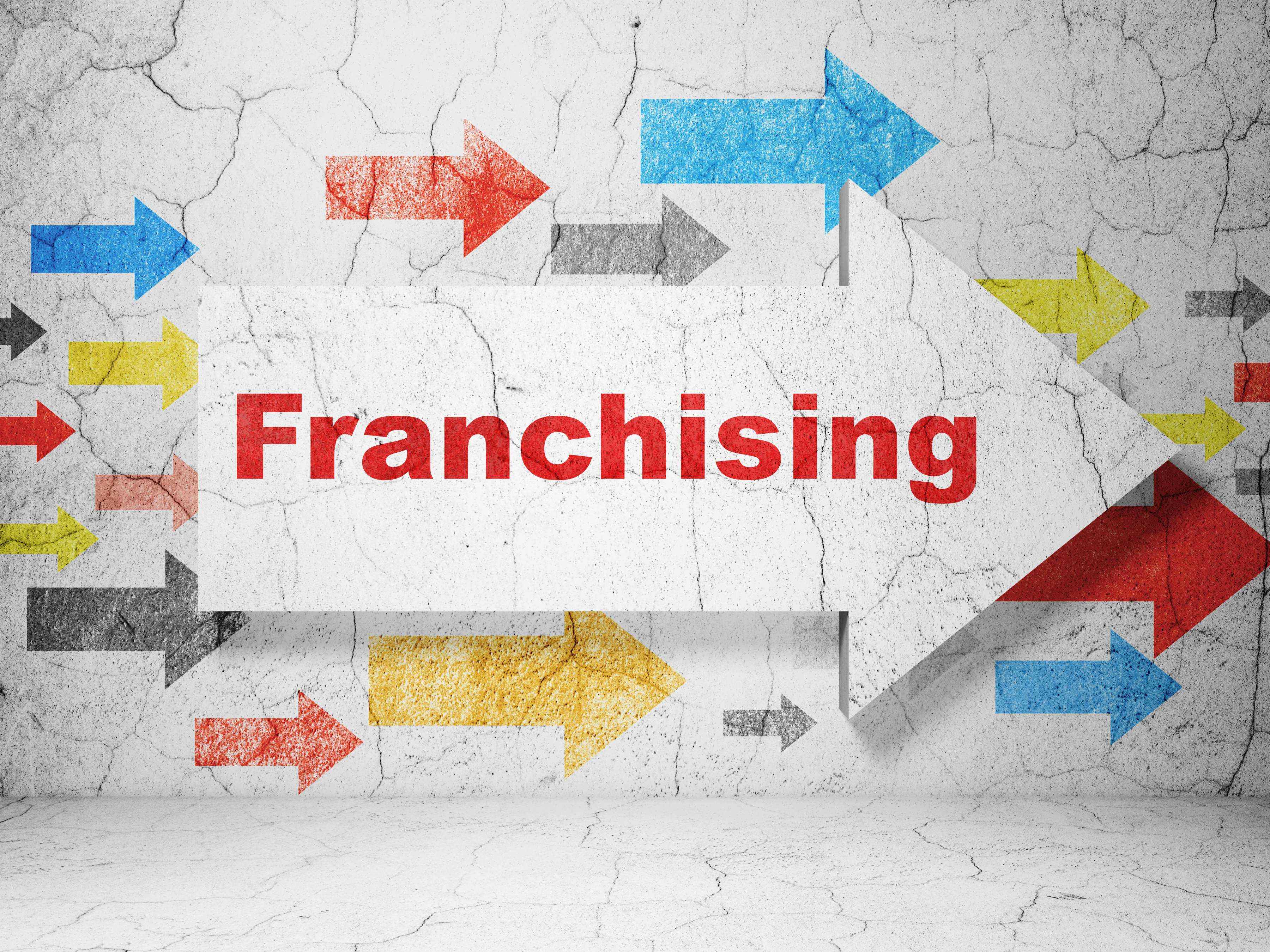
 The answer could be yes—but there are some things you’ll need to do before you sign on the dotted line.
The answer could be yes—but there are some things you’ll need to do before you sign on the dotted line.
It probably goes without saying, but picking the right franchise for you and your interests along with evaluating whether or not you have the skills to run the franchise, are critically important factors that will point to potential success, but you can’t stop there.
Although a franchise is considered by many a good way to remove some of the risks associated with starting a new business, it isn’t always a guarantee of success. Like starting any business, it’s important to make sure you understand your market, are adequately capitalized, have a sustainable business plan, and look for potential pitfalls that might not be obvious at first glance.
Not too long ago I spoke with Sandra Esmard, an OnDeck customer and owner of The Maids of Palm Beach County. She and her husband started their successful franchise five years ago and she was willing to share some of what she’s learned with other small business owners considering a franchise. I found our conversation to be frank and filled with the valuable insight gained from spending five years in the trenches building a business—insight that’s difficult to acquire unless you have access to someone like Esmard, who has been there, and done that.
Here are three of the major things she shared with me:
“Make Sure You Understand Your Market”
This is great advice that can’t be understated regardless of whether you’re starting your own business or purchasing a franchise. In the case of a franchise, most franchisors (the company selling the franchise opportunity) are offering the franchisee (the person buying the franchise) a fairly well defined territory.
For example, depending on the franchise it could be something like the entire state of Nebraska, or the city of South Bend, Indiana, or a few city blocks between 45th Street and 35th Street between 1st and 5th Avenue in New York. For the Maids of Palm Beach County, the city of Palm Beach and the surrounding area has been divided between two franchisees. I have a friend who owns several franchise locations of a popular national company in the city where I live, Salt Lake City, and along with his locations there are other franchisees that share parts of the city with him.
“Make sure you understand your market, the demographics, and whether or not you’re the first franchise in that area,” said Esmard. “That will help you decide if your investment in that area will give you the right opportunities to grow.”
She continued, “Sometimes, if a franchisee already exists in the area, they could influence how the franchisor creates the new territory you are purchasing—which might compel you to create a different (and maybe more expense) growth strategy than what you originally planned.”
“Don’t take everything at face value,” she suggests, which means you will likely need to do some of your own market and demographic research to make sure the franchise you’re purchasing will sustain your growth expectations.
“Be Prepared to Invest More than the Cost of the Franchise”
“Your income will be lean the first few years,” said Esmard. “We were prepared with enough capital to invest in marketing and sales for the business, and sustain our operations, for the first three years after we opened the doors. This is an important investment, even when buying a franchise.”
She also suggested, even if you have capital set aside, you need to be careful where you invest it, because you can’t rely on any national advertising the franchisor does to bring a lot of customers magically in the door and you don’t want to completely empty your war chest. There are marketing and experiential benefits to what owning a franchise has to offer, but it doesn’t necessarily include automatically creating new customers.
“And, don’t forget a backup plan,” she says. “Even if your war chest runs dry, you still need to keep the doors open and find new customers to keep your business alive. You may need to borrow, forego a personal paycheck or two, or make other tough decisions to keep doing business.”
“Don’t Give Up”
“Owning a business is a lot of hard work. There’s a lot of fairly mundane things that require your attention; like making sure you have the right insurance, maintaining the books, and even things like cleaning the toilets,” she said. “Owning a small business becomes very personal and there are times when you might even question whether or not you made the right decision. Network with others. Don’t be afraid to ask for advice. Find a mentor. And, don’t give up.”
Having spent the lion’s share of my career in small businesses and growing up working in my Dad’s small business, much of her advice certainly rings true to my experience. Owning a franchise can give you a leg up compared to starting something on your own, but the right franchise may help you overcome some of the common pitfalls that most small business owners face when starting a new venture.
Is a franchise right for you? It could be, but there are some things you’ll need to do before you sign on the dotted line.